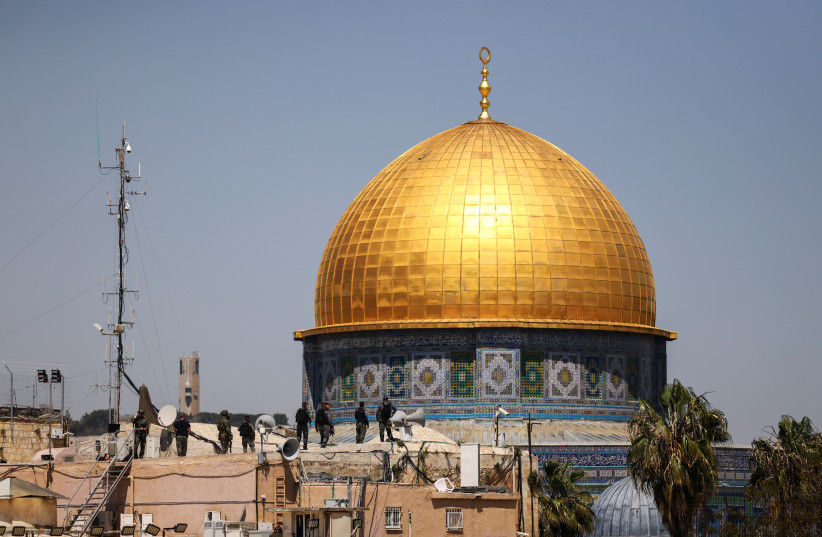Today, it is clear that misinformation and fake news can have real-life consequences that reach far beyond social media. Whether it is the fabricated stories about the Washington pizzeria in 2016, the conspiracy theories that Jews created COVID-19 to make money, or the lies spread by anti-Israel figures of Israel’s supposed desecration of the Temple Mount, all ended up having an actual impact in reality.
Public diplomacy is an important tool in the fight against fake news and attempts to delegitimize Israel. It is not just for hasbara (explain actions, whether or not they are justified) purposes, when used strategically, it has a real power to save lives. Therefore, whether we are addressing manipulated trending videos versus truth-telling content or between a simplistic and false picture versus a comprehensive explanation of a complex reality, the arena of public opinion can buttress Israel’s right to defend itself.
Victory will not be achieved on the battlefield alone. It includes preserving the legitimacy of Israel as a Jewish and democratic state. Israel’s national security is directly affected by our standing abroad and the public opinion of the international community.

Recent examples
In the past month, Israel has faced a new record in incitement against our security forces surrounding the lies regarding events on the Temple Mount during Ramadan, that resulted in further unrest. This included edited videos portraying Israeli security forces as aggressors against Muslim worshipers who invaded al-Aqsa Mosque for no reason. In reality, the security forces did all in their power to allow a record high number of peaceful worshipers to attend the Ramadan prayers, while a radical minority of rioters hurled Molotov cocktails, fireworks and rocks from the mosque’s compound.
During the month of Ramadan, we did everything we could to maintain the status quo on the Temple Mount, allow freedom of worship for all religions, and protect the safety and security of all worshippers. A good testimony to that was the Holy Fire ceremony, which took place in a peaceful and safe manner thanks to the hundreds of soldiers and policemen that were spread across the Old City of Jerusalem. All the while, extremists did not cease their attempts to defame Israel and its security forces, putting both Jews and Muslims at risk as a result.
In the fight against fake news, an achievement, even if partial, may prevent the next flare-up. In this challenging arena, we at the Ministry of Foreign Affairs – together with our partners at other governmental agencies and civil society organizations – are working day in and day out to showcase our commitment to peace and stability, share trustworthy information and answer difficult questions.
Misinformation and fake news against Israel is posing a strategic challenge. By tackling this challenge, we are promoting a safer and more stable reality for everyone.
The writer is deputy minister of foreign affairs.
